Jamming for Culture
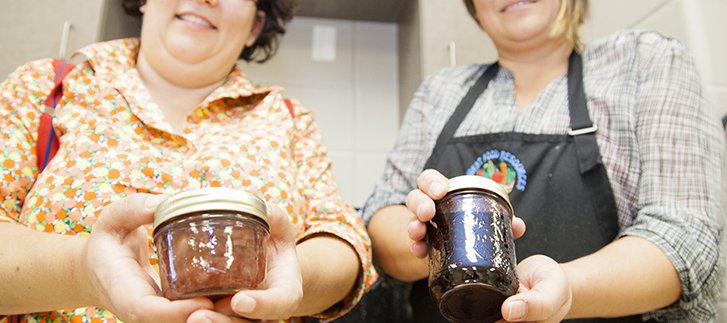
Related Programs
Who knew that canning can be a revolutionary act?
Participants at the Canning and Preserving workshop, held in North Battleford during the Culture Days weekend, learned how the seemingly simple tradition of food preservation can revolutionize the way they eat. During the three-hour session, the students learned about the technique and science behind the making of homemade jam and preserves. They also learned an important part of their heritage.
“They say home economics, gardening and food preservation is the longest running science experiment,” says Christine Freethy, a food expert from Midwest Food Resources, who held the workshop with help from bread-maker Vesna Fa. “It’s the single, longest, unbroken human chain of knowledge that is passed down from one generation to women to another. Given that people’s parents aren’t necessarily passing it on, this kind of workshop is of importance.”
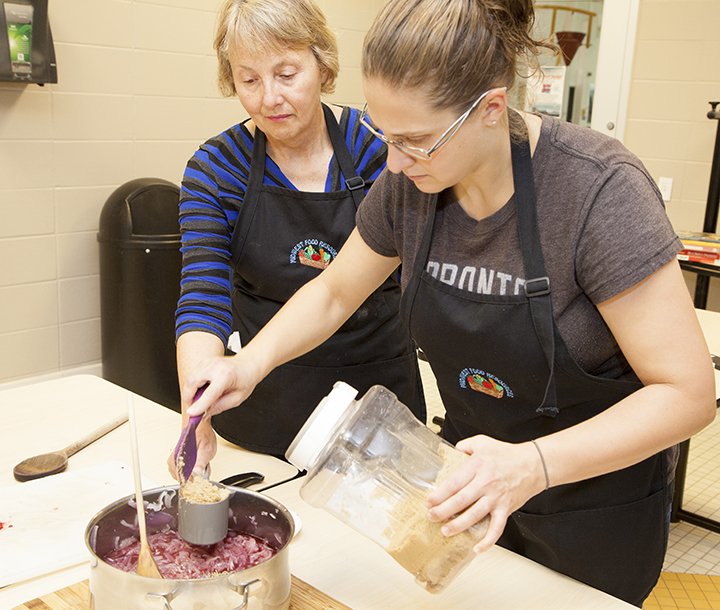
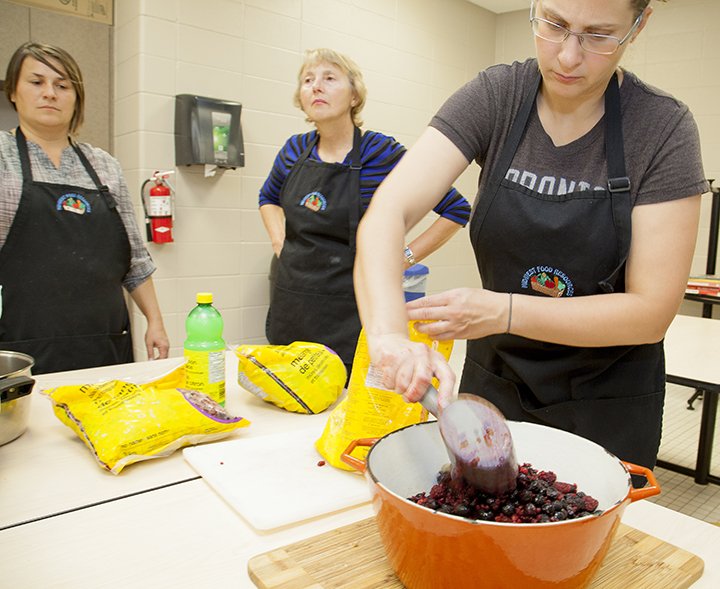
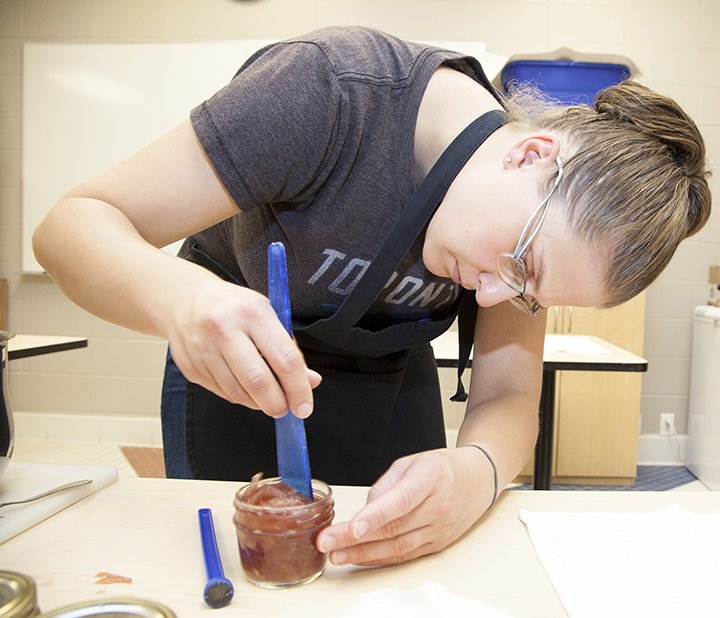
Freethy grew up in a family who canned and says she didn’t know as a child that you can buy jam in the store. Fa who is from Serbia and currently teaches bread-making, also grew up with mostly homemade food. “What you buy in the store is not comparable with what you make in your oven – the smell, the taste, the experience with your hands. You just can’t compare,” she says.
Food preservation and break-making has experienced a decline over the past couple of generations. However, these traditional skills and knowledge still live on in rural Saskatchewan, says Freethy. She adds that the interest in food preservation and bread-making is currently seeing a rise in interest. According to Freethy, the public demand for their workshops is high. “I think there’s a real push in our society right now. There’s a focus on healthy eating, gardening, self-sufficiency, and I think that it’s a movement that’s only going to get bigger.”
Fa and Freethy both are passing down these traditions to their daughters. One of the benefits of these traditions is that it promotes communal bonding between family members and friends as these activities are often done by groups of women. Freethy says she excited that after the workshop, she’s going home to can 50 jars of salsa with her daughter.
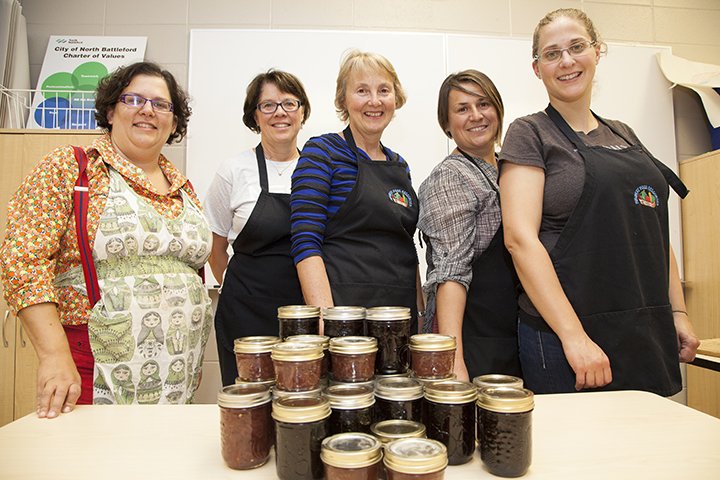
“I think these traditions are coming back because people recognize it’s a skill that can be lost,” explains Freethy. “There’s a value to it, and there’s a value that it didn’t have for a few generations.”
These workshops were held as part of the City of North Battleford’s Culture Days celebration, which received funding from SaskCulture’s Culture Days Funding Assistance Grant.




